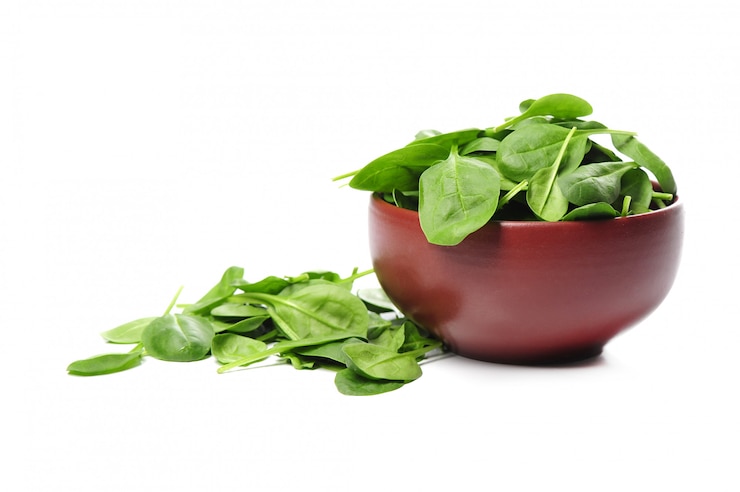Herbs are aromatic plants that add flavor and aroma to culinary dishes while also providing medicinal and therapeutic benefits. If you’re considering growing herbs in South Africa, whether in a small garden or a larger scale, here are ten important things you should know:
- Climate and Region: South Africa has diverse climates, so it’s essential to select herbs that are suitable for your specific region. Some herbs, like rosemary and thyme, thrive in Mediterranean climates, while others, like coriander and mint, prefer more moderate conditions. Research the climate requirements of each herb and choose those suitable for your region.
- Herb Selection: There is a wide variety of herbs that can be grown in South Africa. Consider popular culinary herbs like basil, parsley, sage, and chives, as well as medicinal herbs like chamomile, lavender, and calendula. Choose herbs based on your culinary preferences, intended uses, and the specific growing conditions in your area.
- Soil Requirements: Most herbs prefer well-draining soil with good fertility. Conduct a soil test to assess the pH level and nutrient content of your soil. Herbs generally prefer a slightly acidic to neutral pH range of 6.0 to 7.0. Amend the soil with organic matter and appropriate fertilizers based on the soil test results to ensure optimal nutrient availability.
- Land Preparation: Clear the land of weeds, rocks, and debris before planting herbs. Prepare the soil by tilling and incorporating organic matter to improve its structure and drainage. Remove any perennial weeds to prevent competition with the herbs. Ensure proper soil preparation to create a favorable environment for herb growth.
- Planting and Spacing: Herbs can be propagated from seeds or cuttings. Follow the instructions on the seed packets or purchase young herb plants from a reputable nursery. Plant them at the appropriate depth, ensuring that the root ball is covered and the stems are above the soil surface. Provide adequate spacing between plants to allow for proper air circulation and growth.
- Watering: Herbs have varying water requirements, so it’s crucial to understand the needs of each herb you are growing. Generally, herbs prefer consistent soil moisture but not waterlogged conditions. Water deeply when the top inch of soil feels dry, and avoid overhead watering to minimize disease issues. Adjust your watering schedule based on weather conditions and the specific requirements of each herb.
- Sunlight: Most herbs thrive in full sunlight, requiring at least six hours of direct sunlight per day. Choose a location for your herb garden that receives ample sunlight. If you have limited sunlight availability, opt for herbs that can tolerate partial shade, such as parsley and mint.
- Pruning and Harvesting: Regular pruning and harvesting help promote healthy growth and encourage bushiness in herbs. Pinch off the tops of herbs regularly to encourage branching and prevent them from becoming leggy. Harvest the leaves and stems as needed, ensuring you leave enough growth for the plants to regenerate.
- Pest and Disease Management: Certain pests, such as aphids and snails, can affect herbs. Implement integrated pest management practices, such as regular monitoring, handpicking pests, and using organic pest control methods when necessary. Keep an eye out for signs of diseases like powdery mildew or fungal infections and take appropriate action to prevent their spread.
- Companion Planting: Some herbs have natural pest-repellent properties or beneficial effects when grown together. Consider companion planting by interspersing herbs with other plants that can help deter pests or improve pollination. For example, planting basil near tomatoes can help repel pests, while planting dill near cucumbers can attract beneficial insects.
By considering these ten crucial factors before growing herbs in South Africa, you’ll be better prepared to cultivate a successful herb garden. Stay updated on local research, industry best practices, and consult with local gardening experts for tailored advice. With proper care and attention, you can enjoy a bountiful harvest of fresh, aromatic herbs to enhance your culinary creations and support your well-being.









